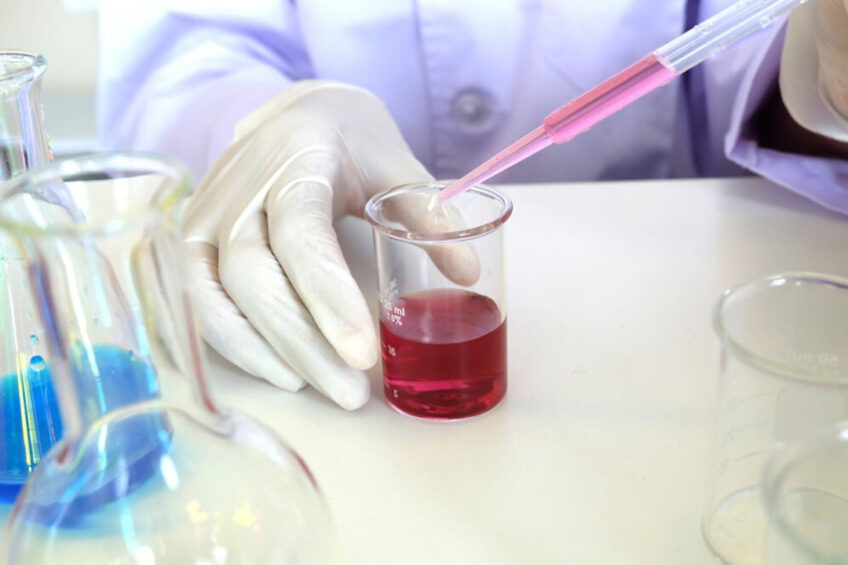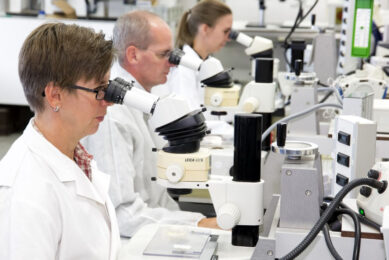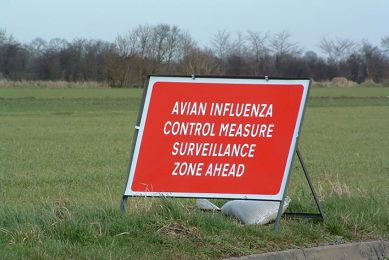Research team work on a rapid test for foodborne pathogens in poultry

A research team at Michigan State University will use a grant from the USDA to develop a rapid biosensor test for foodborne pathogens. The rapid test will be used onsite at poultry farms and processing facilities to inspect large samples for Salmonella and Campylobacter.
The US$769,000 grant was received from the US Department of Agriculture’s (USDA) National Institute of Food and Agriculture (NIFA), and Professor Evangelyn Alocilja, who is in the MSU Department of Biosystems and Agricultural Engineering, is leading the project. She is an expert in her field and in rapid biosensing diagnostics for infectious and antimicrobial-resistant diseases, having developed such tests for tuberculosis, dengue and Covid-19.
Poultry products are one of the most common sources of infection
Alocilja says that studies have shown poultry products are one of the most common sources of infection due to bacterial contamination from farm production practices and processing equipment. In the US, the economic burden of Salmonella and Campylobacter from all sources exceeded US$6 billion in 2018, according to the USDA Economic Research Service.
Current practices for detection are timely and costly
Currently, pathogens are detected through traditional bacterial culturing, which is time-intensive, and existing rapid tests are costly and often required trained personnel.
“Traditional culturing can take days or weeks, and some modern rapid tests are extremely expensive and require training,” Alocilja said. “The goal is to create rapid tests that are inexpensive and accessible, and easy enough to use that people from many different industries can implement them.”
For this project, the team’s objectives are to optimize Alocilja’s existing biosensor technologies for Salmonella and Campylobacter, develop a cellphone-based application that captures and analyses data from the test, and validate the process at several poultry farms and processing facilities.
Results in just 1 hour
Preliminary results showed the biosensor was able to detect genomic DNA of foodborne pathogens in roughly an hour. This method would drastically improve the responsiveness of operations looking to get their products to market as promptly as possible.
“We want to ensure that food is safe while also helping processors get their products into the hands of consumers quickly,” Alocilja said. “If we can troubleshoot problems before the products leave farms and processors, that would go a long way to improving profitability and food safety.”












